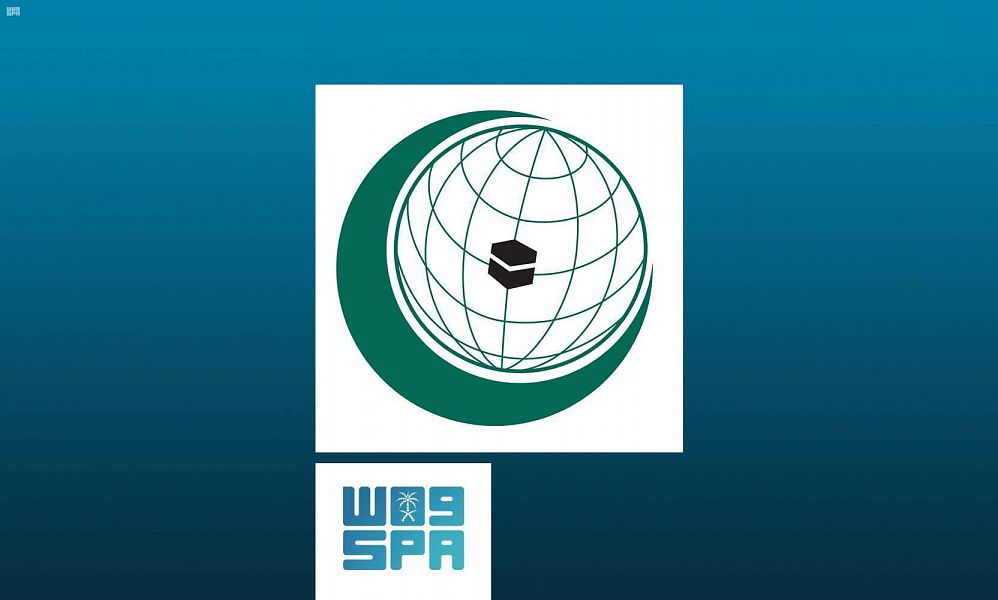
ABU DHABI — The World Muslim Communities Council, in partnership with the Association of Islamic Universities, number of universities, Islamic colleges, institutions, and educational quality agencies concerned with higher education will organize an international scientific virtual conference entitled "Challenges of Higher Islamic Education after Corona", on Saturday (July 11).
The conference examines the challenges of the coronavirus crisis, which represented a new and unprecedented turning point in the history of educational institutions, as these institutions were forced to resort to distance education during the closure.
This situation created a new reality that will lead the education personnel to reconsider the higher education system in terms of its philosophy, goals, systems, curricula, methods, and activities.
Dr. Ali Rashid Al-Nuaimi, chairman of the World Muslim Communities Council, said that the conference looks at the importance of Islamic higher education as an integral part of this reality.
It will be subject to changes that will affect education systems in the world, by raising several important questions related to the extent to how officials are responding to this new challenge, and whether higher Islamic education has sufficient traditions for the distance education stage.
He added that the conference would tackle the problems of higher Islamic education and provide convincing, practical and actionable answers, by examining the capabilities of higher education institutions located in societies with limited resources.
It will also explore the infrastructure needed for distance education, the availability of flexible and implementable education curricula and technological means, and how the methodologies are compatible with the evaluation and remote examinations and their technological mechanisms with the nature of Islamic education curricula, especially that many of them depend on memorization, recall, and oral examinations.
Among the most prominent items on the agenda, the conference will discuss updating the educational curricula in terms of topics, updating the university book in a way that makes it focus on the idea, approach, skill and critical thinking more than focusing on information and subject matter.
Also on the agenda is qualifying university professors and training them on modern educational systems that are applicable in social, human and applied disciplines, whether in teaching or evaluation,
It would also focus on developing new evaluation systems that depend on measuring mental skills not a cognitive achievement, thus developing global curricula in terms of standards, and local in terms of content and subject.
The participants will discuss the issue of developing unified courses in the agreed fixed subjects such as the curricula of the Holy Qur’an, the Prophetic Sunnah, doctrine, principles of jurisprudence, jurisprudence rules, comparative jurisprudence, and linguistics.
They will lead discussions on how to benefit from pioneering experiences and modern methodologies in social and human sciences in presenting Islamic curricula in a modern way, which combines authenticity and modernity.
They will discuss providing an international mechanism to train members of the Training Authority in implementing distance education through technological means and activating the role of international institutions concerned with coordination between universities such as the Association of Islamic Universities and the Federation of Islamic Universities. — WAM











